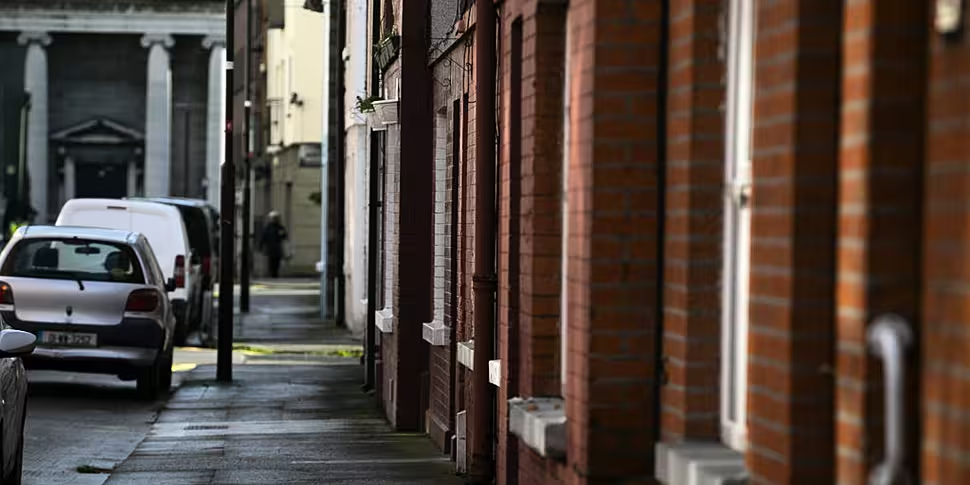A professor of immunology has said there is no evidence that a nationwide lockdown can effectively eliminate viruses, such as COVID-19.
Paul Moynagh is a professor of immunology and director of the Kathleen Lonsdale Institute for Human Health Research at Maynooth University.
He told Newstalk Breakfast it is "difficult to say" if level three restrictions have worked in Dublin.
"Probably if you asked me last week there were some signs that numbers were beginning to stabilise - maybe, over the last week, numbers have begun to creep up again.
"I don't think it has been an absolute success in that sense.
"It may have stabilised maybe initially, but numbers are creeping up again".
"I think the aim actually is to try to suppress the virus - some would argue that we should go further and try to eliminate the virus.
"In my own view, I haven't seen any evidence - even from history - in terms of lockdown being able to eliminate any virus.
"Some examples are given for places like New Zealand, Vietnam, Japan - but some of those actually achieve really good success without lockdowns.
"The other thing about those examples are that they acted really, really fast."
'Quite widespread at the moment'
"We're in a very different state in the sense that spread is quite widespread now at the moment, and it's very difficult to get back to that early stage".
"I think if you look across Europe, we're seeing more or less the same trends, and we saw them back in spring, early summer as well.
"We saw these peaks, then they dissipated - and again that was put mostly down to lockdowns - but the reality is most countries opened far earlier than we did during the summer, and numbers stayed very low.
"Whereas now you're seeing these general trends again.
"And I think the more and more you look, Ciara, and we probably shouldn't be surprised at this, [the] coronavirus is behaving in a quite similar way to other respiratory virus in the sense that there's probably a heavy seasonal component.
"And for some reason, many of the reasons we don't actually fully understand, these viruses transmit better during these autumn/winter months."
"I think a lot of the focus has been in terms of individual behaviour, maybe not enough in terms of what are the other things we could do in terms of - for example - ventilation".
"I think there is a sense there that actually if we just try and we're really, really aggressive and we close down the entire country we can stop and eliminate this virus.
"I think it's more difficult than that - I think it's really, really difficult to control these viruses.
"And giving that sense that you can eliminate the virus by locking down the entire country, I think that's too simplistic.
"Even already we've gone to level three, we discussed earlier on in terms of how successful that was in Dublin, maybe some moderate success but certainly it hasn't cleared the problem for us.
"I think looking ahead, it's a mix there of that collective behaviour - yes it is absolutely important - supplement that with a good test and trace system, but begin to look and focus on more sort of the environmental contributions such as inside ventilation".









